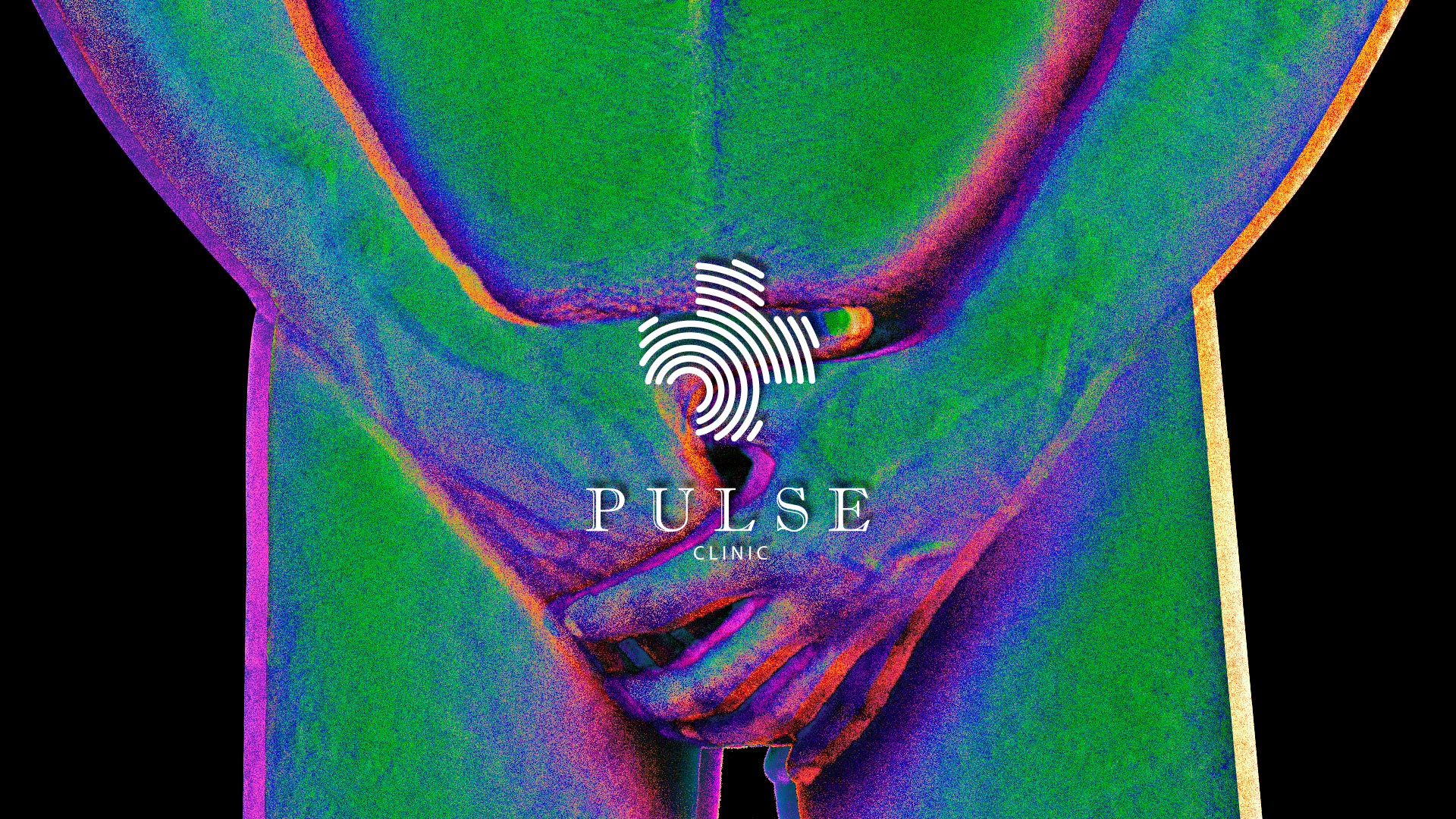
Drug Interactions
Drug interactions may change how your medications work or increase your risk for serious side effects. This document contains only some possible drug interactions. Keep a list of all your products (including prescription/nonprescription drugs and herbal products) and share it with your doctor and pharmacist. Do not start, stop, or change the dosage of any medicines without your doctor's approval.
Some products that may interact with this drug include other drugs that may cause kidney problems (including nonsteroidal anti-inflammatory drugs-NSAIDs such as ibuprofen and naproxen).
Valacyclovir is very similar to acyclovir. Therefore, do not use medications containing acyclovir while using valacyclovir.
How long does Valacyclovir take to work?
The amount of time it takes for Valacyclovir to work highly depends on the severity of the outbreak and how soon you take medicine as soon as you notice a symptom.
For both initial and recurring outbreaks, taking this antiviral drug can provide relief in as little as two or three days. That’s why it’s essential to take it right after you notice a symptom or feel an outbreak is about to start.
Remember that this varies from person to person, so it can take a faster or slower time to work than usual.
What happens if I miss a dose?
If you skip a dose, it might result in the virus becoming resistant to the drug. Therefore, making it ineffective to take Valacyclovir.
Take the missed dose as soon as you remember it. However, if the time is already near your next scheduled dose, skip it. Don’t take an extra one!
What happens if I overdose?
As mentioned above, it’s not a good idea to overdose as it can have bad effects on your health. If you overdosed, contact us immediately to ensure you’re safe and well.
How long does Valacyclovir stay in your system?
After oral ingestion, Valacyclovir can be easily absorbed by the body and almost instantaneously converted to acyclovir and L-valine.
The half-life of the medicine is about 2.5 to 3 hours in people. That means, after that duration, the other half will remain in your blood.
Can I still live an everyday life with herpes?
Of course! You might be surprised at how common herpes is. According to the World Health Organization (WHO), 3.7 billion people below 50 around the globe have HSV-1 (or oral herpes). On the other hand, 417 million people from 15 to 49 years old have HSV-2 (or genital herpes).
That is to say that you’re not alone, and, of course, there are tons of effective treatments that can help you control outbreaks. These repress the virus and help you experience “episodes” less frequently. Some say they only experience it once or twice a year-- others say they don’t get it for years!
If ever you do get an episode, treatments help make the symptoms bearable or almost unnoticeable.
However, it is essential to note that the herpes virus can be passed from an infected mother down to her offspring during childbirth. Especially if it’s genital herpes, it’s vital to prevent herpes lesions during pregnancy.
Contact us for more information about herpes and how to buy Valacyclovir.
All our clinics provide testing and treatment for herpes virus infections. Please visit our clinic for assessment and treatment.

Contact us at info.bkk@pulse-clinic.com or chat on your preferred platform:
 +66 65 237 1936
+66 65 237 1936  @PULSEClinic
@PULSEClinic  PulseClinic
PulseClinic
✔ Easy and discreet ✔ Worldwide delivery
If you are looking for a Valtrex / Valovir (Valaciclovir), you can buy it from us online and we will get it delivered.
For more information about the medication and ordering process, please contact us at pulseliving@pulse-clinic.com or chat with us on your preferred platform.
 +66-84-226-2569
+66-84-226-2569  @pulserx
@pulserx  PulseClinic
PulseClinic
What to avoid
- Remember that herpes infections are contagious. Taking Valacyclovir will not prevent you from passing it to others.
- Avoid having sex when you have an active outbreak. Do not let an infected area come into contact with your partner.
- Avoid touching infected areas and then touching other parts of your body, especially the eyes. Always wash your hands thoroughly.
- When applicable, use latex condoms during sexual intercourse.
- Avoid sharing medicine with other people, too. Valacyclovir is a prescription drug and is specifically for you only.
1. Take Valacyclovir as soon as you notice the symptoms (itching, tingling sensation, burning sensation, blisters, etc.).
2. Tell your doctor if you’re taking other medications. Dose adjustments and special tests might be needed if ever.
3. Tell your doctor if you are breastfeeding. Breastfeeding while taking Valacyclovir may harm the baby.
4. Lesions should be kept clean and dry at all times. Wear loose clothes to help avoid any form of irritation.
5. Valacyclovir should not be given to a child without a prescription.
6. Valacyclovir should be stored at room temperature and away from moisture and heat.
7. Alert us immediately and stop taking the medicine if you are experiencing serious side effects such as:
- Fever
- Easy bruising or bleeding
- Red spots on the skin that are not herpes or chickenpox-related
- Diarrhea with blood
- Vomiting
- Yellowed skin
- Fainting
- Urinating less frequently than normal
- Swelling of hands, face, or feet
- Seizures
- Hallucinations














